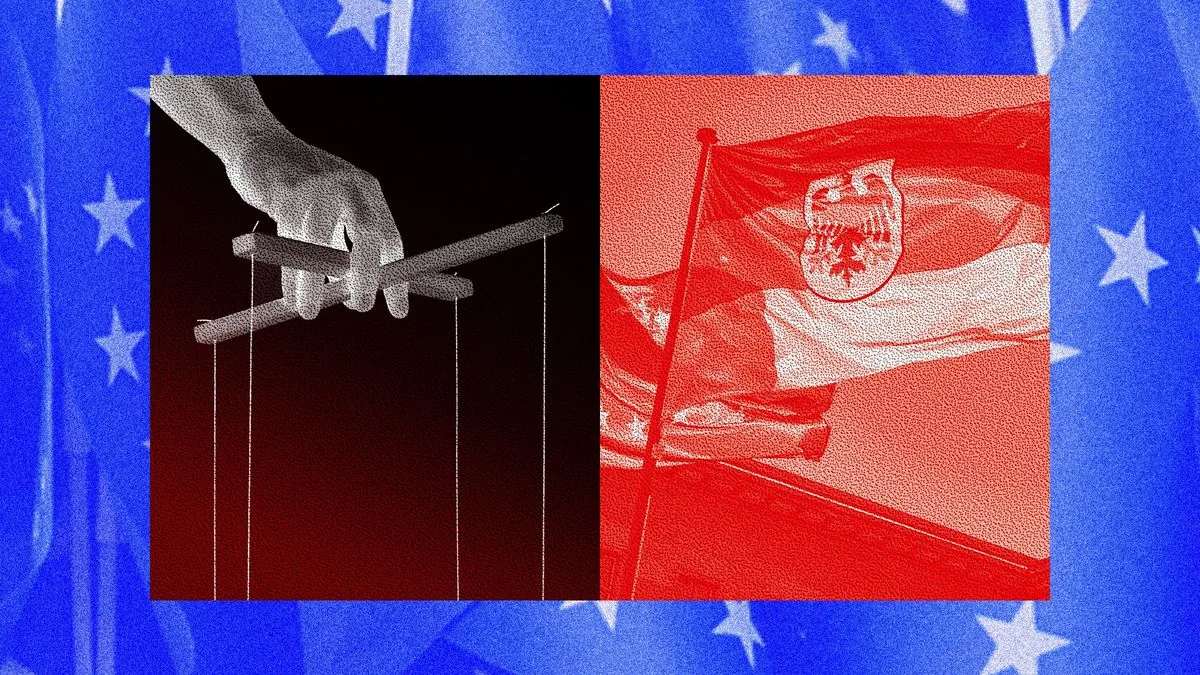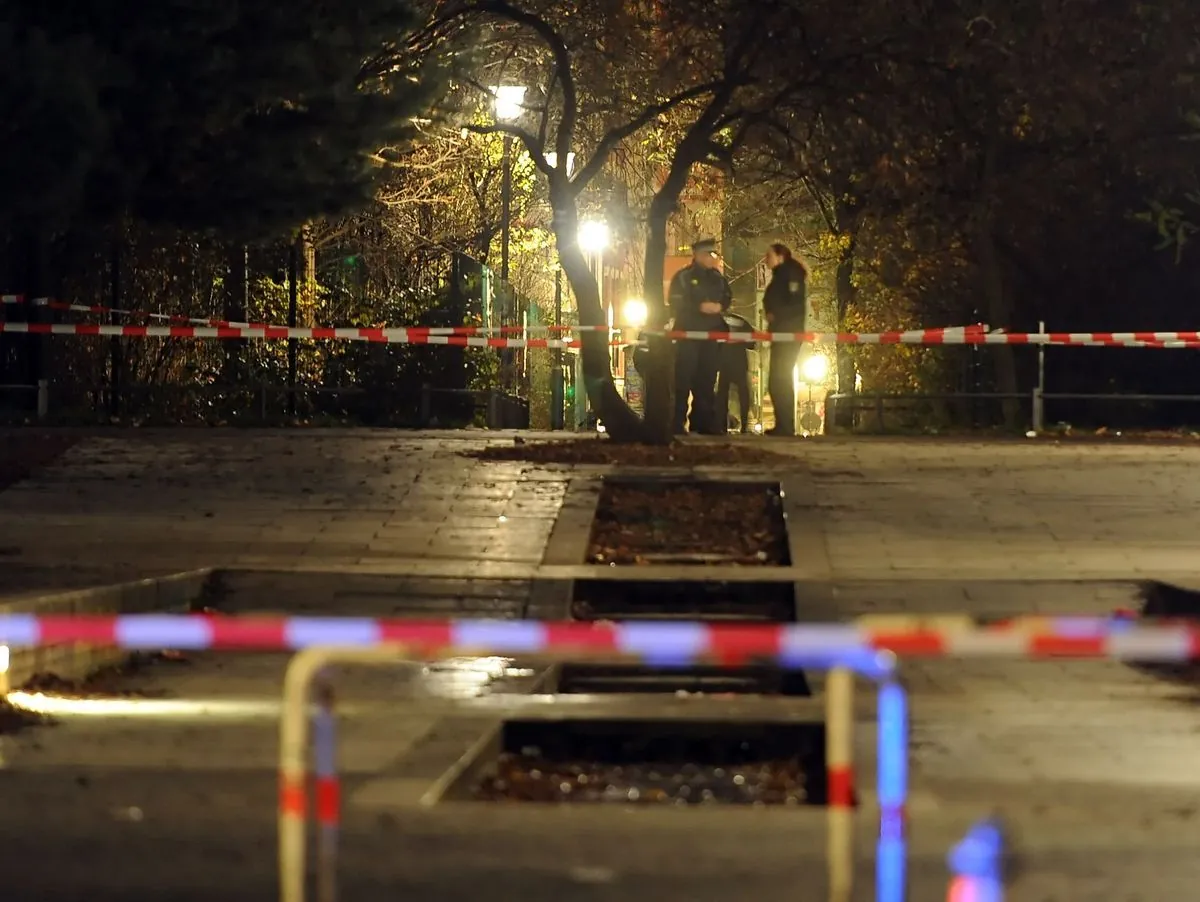German-Russian Prisoner Swap Sparks Controversy and Concern
Germany's release of a Russian hitman in exchange for political prisoners has sparked debate. The move, aimed at freeing 16 individuals from Russian and Belarusian jails, raises questions about legal precedents and future implications.

A recent prisoner exchange between Germany and Russia has ignited a complex debate about justice, diplomacy, and national security. The swap, which occurred on August 1, 2024, involved the release of Vadim Krasikov, a Russian agent convicted of murder, in exchange for 16 political prisoners held in Russian and Belarusian jails.
The exchange has drawn attention to the case of Zelimkhan Khangoshvili, an ethnic Chechen from Georgia who was murdered in Berlin's Kleiner Tiergarten in 2019. Khangoshvili's relatives expressed mixed feelings about the swap:
"On one hand we are glad that lives have been saved. But we are very disappointed that there are apparently no laws even in countries that put the rule of law on a pedestal."
German officials, including Chancellor Olaf Scholz and Justice Minister Marco Buschmann, defended the decision as necessary to save lives. Buschmann stated, "In cases of doubt, always choose for freedom." However, the release of a convicted murderer has raised concerns about legal precedents and potential consequences.

The prisoner swap resulted in the release of several high-profile individuals, including American journalist Evan Gershkovich and Russian opposition activist Vladimir Kara-Murza. Gershkovich's case is particularly notable, as he is the first American journalist detained in Russia on espionage charges since the Cold War.
U.S. President Joe Biden acknowledged the complexity of the negotiations, revealing that Germany had to make "significant concessions" to facilitate the exchange. This highlights the delicate balance between diplomatic efforts and maintaining legal integrity.
Critics warn that this exchange might encourage further arbitrary detentions by Russia. Roderich Kiesewetter, a security specialist from the German opposition, cautioned, "This exchange makes it clear to everyone that anyone can arbitrarily be turned into Putin's bargaining chip."
The situation underscores the ongoing tensions between Germany and Russia, as well as the challenges faced by Western nations in dealing with complex international legal and diplomatic issues. As the dust settles on this controversial exchange, many are left wondering about the long-term implications for international relations and the rule of law.


































